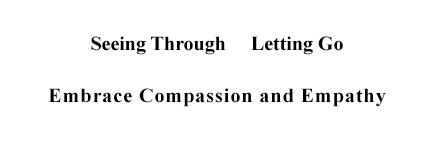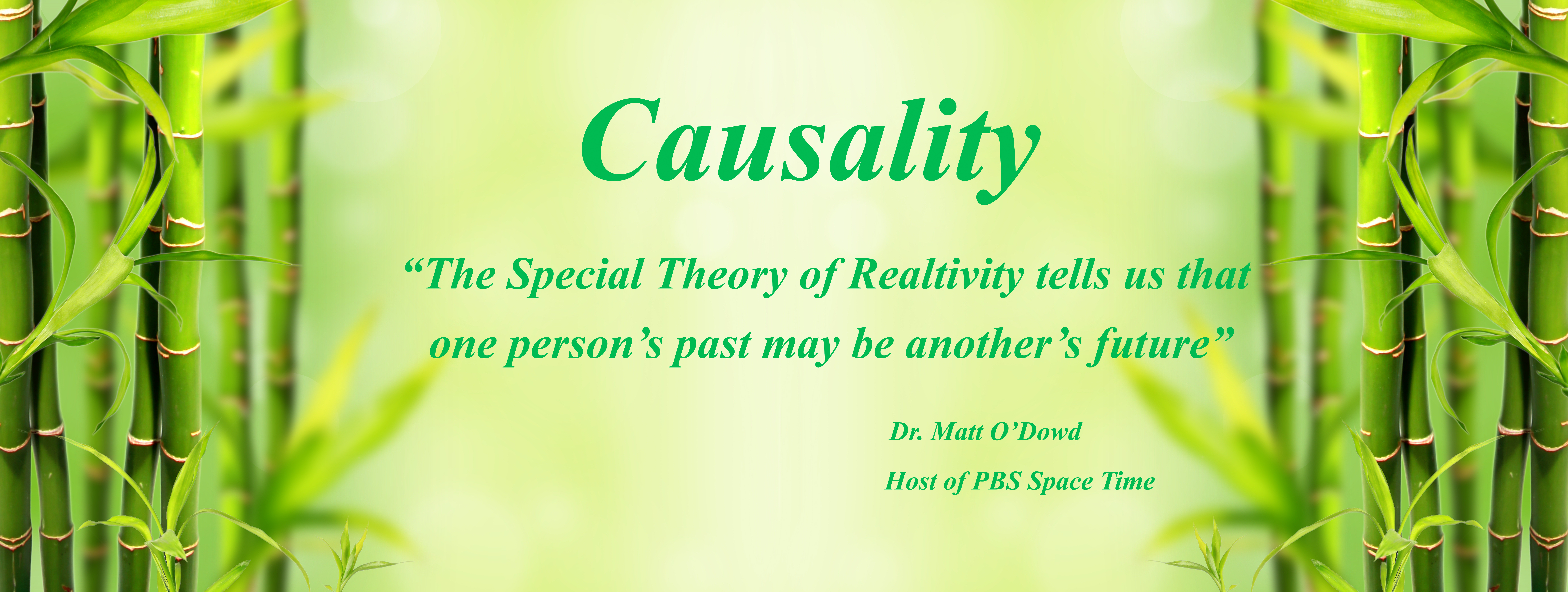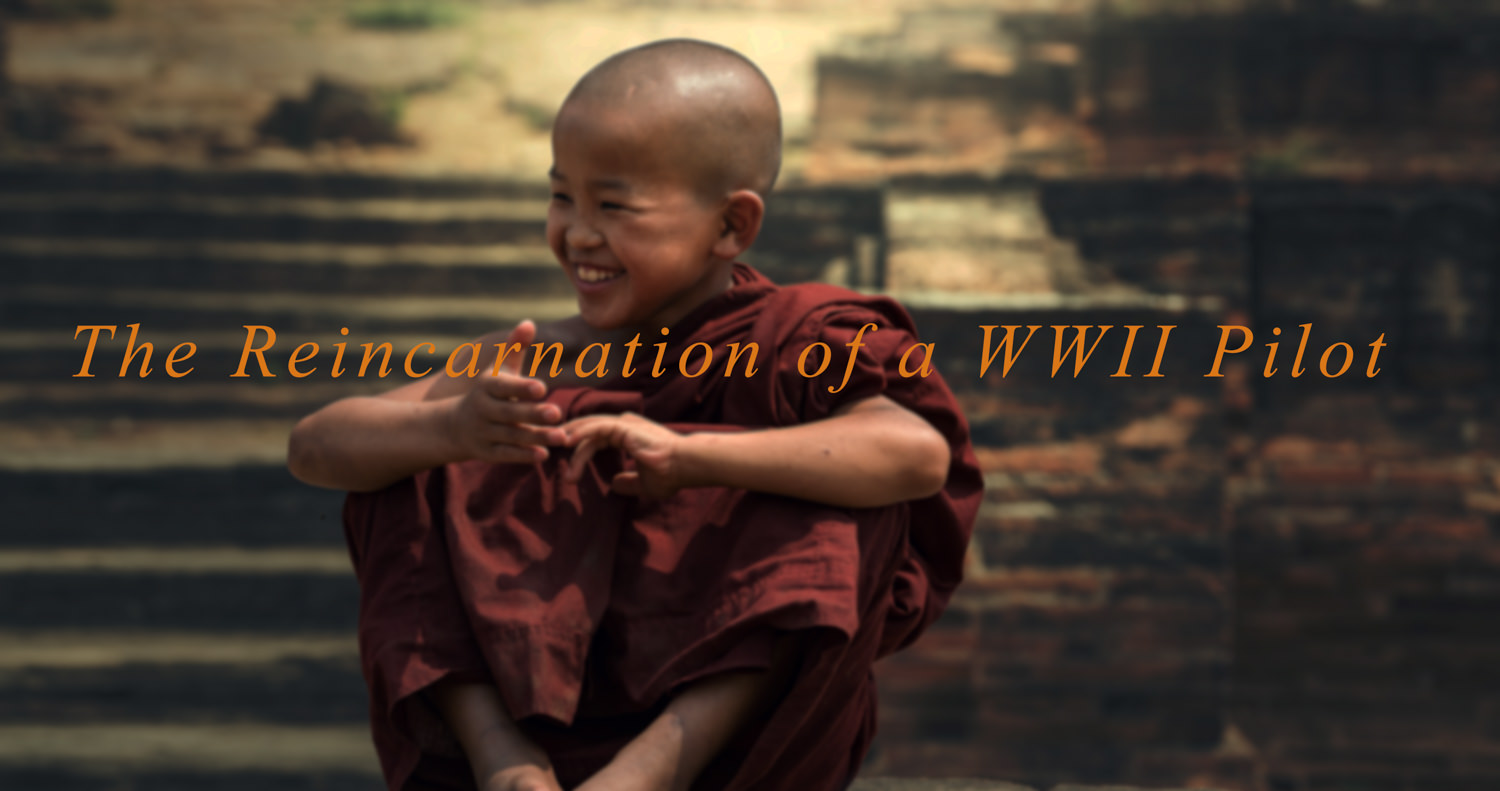The Reincarnation of James Houston Jr case was a well-documented reincarnation case, which was widely broadcast on NBC several decades ago. According to its written introduction, the Reincarnation of James Houston Jr. is “the most heavily documented case of possible reincarnation ever; a child has memories of World War II that are so detailed it’s impossible he made them up. The case of James Leininger took the world by storm and is a compelling case for reincarnation and existence beyond our physical bodies.” The oral introduction of the video starts by saying that “a Louisiana boy offers incredible evidence that should satisfy both sides of the soul debate. His case offers proof that a soul is real, that it can be reincarnated, and that science can study it.” Furthermore, according to a researcher at the Division of Perceptual Studies at the University of Virginia Health System, “in the cases of these children’s report, if you look at the best cases, they provide evidence that at times there can be this carry-over of memories and emotions. The same carries over from one life and continues to another.”
It is best that you watch the story of the Reincarnation of James Houston Jr. yourself to learn about the details of this fascinating reincarnation story and decide for yourself if reincarnation is real. However, I want to point to a segment that started around eleven and a half minutes into the video with the following uncanny exchange between the father and son.
One day, when the father was cleaning up the yard and James Jr. played outside with him, Bruce Leininger said to his son, “I just love you to bits.”
James replied, “Well, I knew you would be a good daddy when I picked you.”
Bruce, “What?????”
James, “When I found you and mommy, I knew you would be good parents.”
Bruce, “What do you mean when you found us?
James, “I found you and mommy in Hawaii.”
The narrator then commented, “James told his father that he saw them in a pink hotel in Hawaii, which was where the Leiningers were staying when they decided to have James.”
In other words, James Houston Jr. found the Leiningers when he was between lives, and before he was born. He found them suitable to be parents and decided he would like to have them be his parents before reincarnating as their son!
Indeed, if you get goosebumps watching this segment, you are not the only one. At the same time, there is an important lesson to be learned about why abortion should be avoided.
Now, let’s see how James Houston Jr.’s Reincarnation story fits what we discussed in the previous post on Causality.
- Pratyaya (Chinese=緣), as discussed earlier, refers “to the subsidiary factors whose concomitance results in the production of an effect from a cause.” For the reincarnation of James Houston Jr., the condition that made the reincarnation possible was that he found his future parents in Hawaii just when they decided to have a child.
- Cetana (Chinese=思) is “one of the omnipresent mental factors (Mahabhumika; Sarvatraga) that accompany each moment of consciousness.” It refers to the “mental intention” that directs the mind towards certain actions. For this reincarnation case, the mental intention that initiated James Houston Jr.’s reincarnation occurred when he, before his reincarnation, chose the Leiningers as his future parents, having determined they would be suitable for him.
- Vipaka (Chinese=果報) is the “fruition” or “maturation” of the past deeds. Furthermore, “Vipaka refers to any mental phenomenon that occurs as a result of morally wholesome or unwholesome volitional actions performed by the body, speech, or mind, either in this or previous lives. Fruitions can be divided between those that occur during the lifetime in which the deed is performed, those that occur in the lifetime immediately following the life in which the deed is performed, and those that occur two or more lifetimes later. Although the fruition is the result of a wholesome or unwholesome act, the vipaka is itself always morally neutral and manifests itself as something pleasant or painful that is either physical or mental.” In this case, the fruition occurred in the lifetime immediately following James Houston Jr.’s previous life as a WWII fighter pilot.
- Alayavijnana (Chinese=阿賴耶識/藏識) is the “storehouse consciousness,” or “foundational consciousness,” the eighth of the eight types of consciousness (vijnana) posited in the Yogacara school. All forms of Buddhist thought must be able to uphold (1) the principle of cause and effect of action (Karman), the structure of Samsara, and the process of liberation (vimoksa) from it while also upholding (2) the fundamental doctrine of impermanence (anitya) and the lack of a perduring self (anatman). The most famous and comprehensive solution to the range of problems created by these apparently contradictory elements is the alayavijnana. The alayavijnana provides that solution as a foundational form of consciousness, itself ethically neutral, where all the seeds (bija) of all deeds done in the past reside and from which they fructify in the form of experience. Thus, the alayavijnana is said to pervade the entire body during life, to withdraw from the body at the time of death (with the extremities becoming cold as it slowly exits), and to carry the complete karmic record to the next rebirth destiny.” “The alayavijnana thus provides continuity from moment to moment within a given lifetime and from lifetime to lifetime, all providing the link between an action performed in the past and its effect experienced in the present, despite protracted periods of latency between the seed and fruition.”
- A karmic record, as mentioned in the last post, “is a record of one’s memory. Just as one’s memory stays with the person throughout their life, it also continues across lifespans. After your storehouse consciousness withdraws from the body at the time of death, the record of your memory takes residence in another body in its next lifetime.” Quite obviously, the memory of James Houston Jr., the previous WWII pilot, was carried over to James Leininger without a perduring self because their physical bodies are different. Instead, what was carried over was Cittasamtana.
- Cittasamtana (Chinese=心相續) is the mental continuum, used “to clarify that there is continuity between an action (Karman) that an individual undertakes and its eventual effect (vipaka), as well as continuity between one lifetime and the next, without going so far as to posit a perduring self.” In this case, the mental continuum lasted for about fifty-five years, with the death of James Houston Jr. in 1945 and the birth of James Leininger in 2000.
- Heaven: James Leininger’s encounter with Billy, Walter, and Leon in heaven suggests the existence of a higher realm beyond the human realm. While the higher realm in Buddhism is often translated to heaven, it should not be so. Heaven is a religious concept that implies several attributes not present in Buddha’s celestial realms. For example, a religious heaven is where a deity superior to humans resides. Furthermore, some of these deities may serve as an anthropomorphic creator. Additionally, in some religions, there may be a gate and a gatekeeper whose job is to make sure that anyone entering heaven meets the criteria the deity has set. However, none of these attributes apply to Buddha’s celestial realms. Contrary to religious heaven, there are no anthropomorphic creators or celestial residents superior to humans in celestial realms. Indeed, were the residents of celestial realms arrogant, they would not be residents of the celestial realms in the first place. Furthermore, residence in the celestial realms is not permanent, as the reincarnation of James Houston Jr. made apparent. There are never gates or gatekeepers to prevent anyone from entering. Entry to Buddha’s celestial realms is based entirely on the wholesomeness of one’s actions. When one’s actions are sufficiently wholesome, one’s karma naturally leads one to the corresponding celestial realm among the twenty levels of celestial realms.
Of all Buddha’s teachings, Causality is the most impactful for humanity. Yet, it is also the least believed in. If you do not have faith in Causality, even with the help of science, you may think you do not need Buddhism.
However, as Buddha teaches in the Three Delicate Marks, Causality is as unavoidable as sickness, old age, and death because it comes with your birth, along with your consciousness. In other words, if you are born with an active mind, you are subject to the impermanence of life and Causality, whether you believe it or not.
In the next post, we will discuss why being born as a human is one of the best outcomes in reincarnation. Among the six destinies of reincarnation, human destiny not only gives you the best chance to be enlightened but also gives you a chance to choose a better future if you are not enlightened in this life, which is highly likely. Those in the celestial realms so enjoy their blessed life that they forget to do wholesome deeds, so that when their impermanent lives come to an end, they are not ready and fall to baleful destinies. Those in baleful destinies suffer so much that they do not have the time to do wholesome deeds until their lives in the baleful destinies end.
(If you like this post, please like it on our Facebook page and share. Thank you.)


